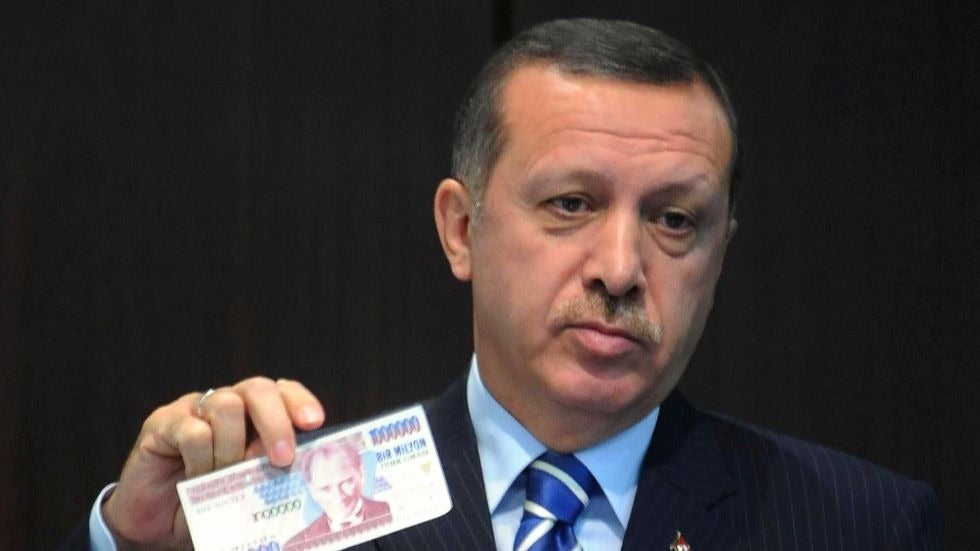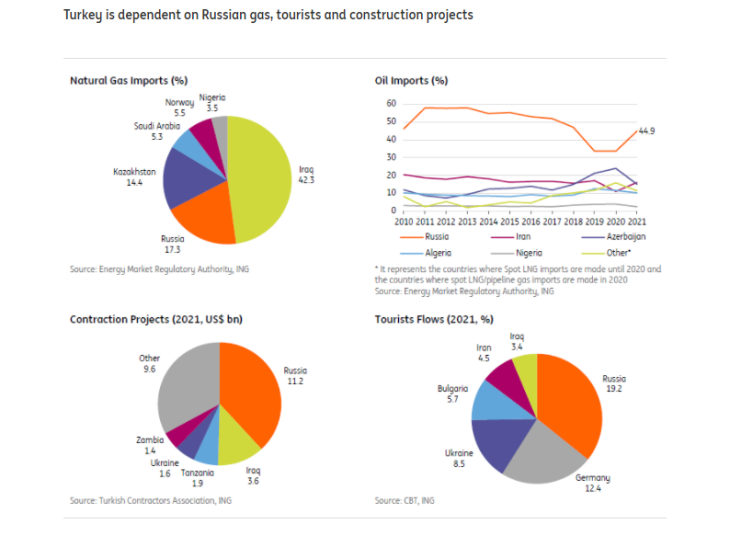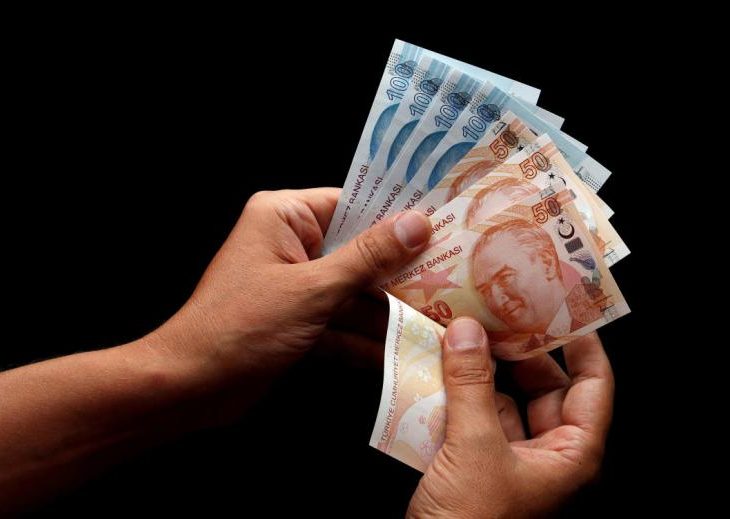Turkey Adopts Controlled Currency Depreciation to Attract Foreign Investors
 erdogan_lira_1
erdogan_lira_1
Turkey’s monetary authorities are implementing measures to instill greater confidence among foreign investors, recognizing their critical role in driving economic growth. The strategy, overseen by President Recep Tayyip Erdoğan’s new economic administration, involves a policy of controlled currency depreciation aimed at balancing inflationary pressures and enhancing purchasing power.
Real Appreciation Strategy
The approach emphasizes “real appreciation,” where the Turkish lira is allowed to weaken gradually, but at a rate slower than inflation. This controlled depreciation:
- Reduces inflationary pressure by limiting the impact of a weaker lira on consumer prices.
- Enhances investor confidence, as seen in 2024 when foreign investors earned returns exceeding 50% on lira-denominated bonds.
Currency Trends and Economic Indicators
- In 2024, the lira lost 16% of its nominal value but achieved its highest purchasing power gains since 2007.
- The Turkish central bank aims to maintain this trend, seeking to limit currency losses below the inflation rate.
- The lira’s real-term recovery follows significant volatility, including a sharp fall in 2021 when it lost nearly 50% of its value against the dollar.
Policy Implications and Investor Outlook
The central bank’s 2025 monetary policy report emphasizes that lira-denominated assets will remain attractive, supported by continued focus on consumer price controls. By aligning currency management with inflation reduction efforts, Turkey aims to stabilize its economy and provide consistent returns for both local and foreign investors.
This measured approach reflects Turkey’s commitment to maintaining economic resilience amid regional and global fluctuations, positioning its financial markets as a competitive option for international capital.






